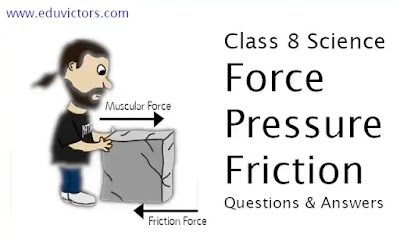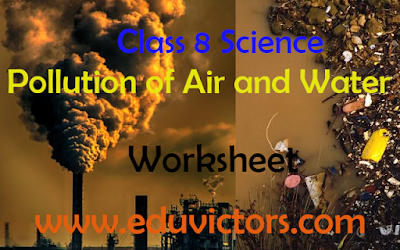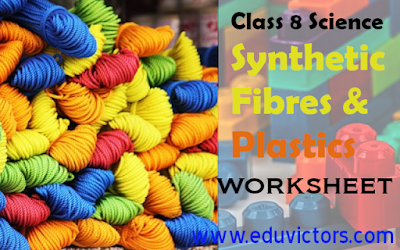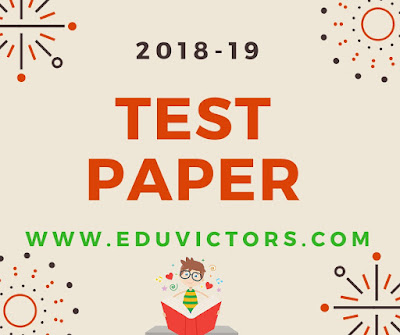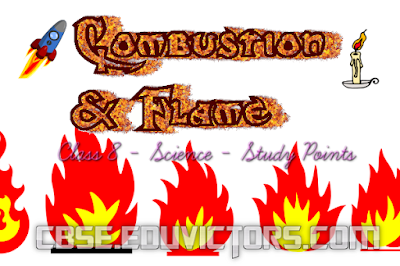Force, Pressure and Friction
(Short Answer Type Questions)
CBSE Class 8 - Science
Q1: Why do porters place on their heads a round piece of cloth?
Answer: To reduce pressure.
Round piece of cloth increases contact surface areas, thus reduce the pressure.
Q2: It is convenient to pull the luggage fitted with rollers, why?
Answer: Because rollers reduce friction. Rolling friction is much less than sliding friction.
Q3: lf we apply a force on a body and the body is still in rest. Is there any frictional force acting on the body? If yes then how?
Answer: Yes. Static friction is acting on it in opposite direction to the applying force. Thus, resultant force is zero.
Q4: Sliding friction is less than static friction, how? Explain by an example.
